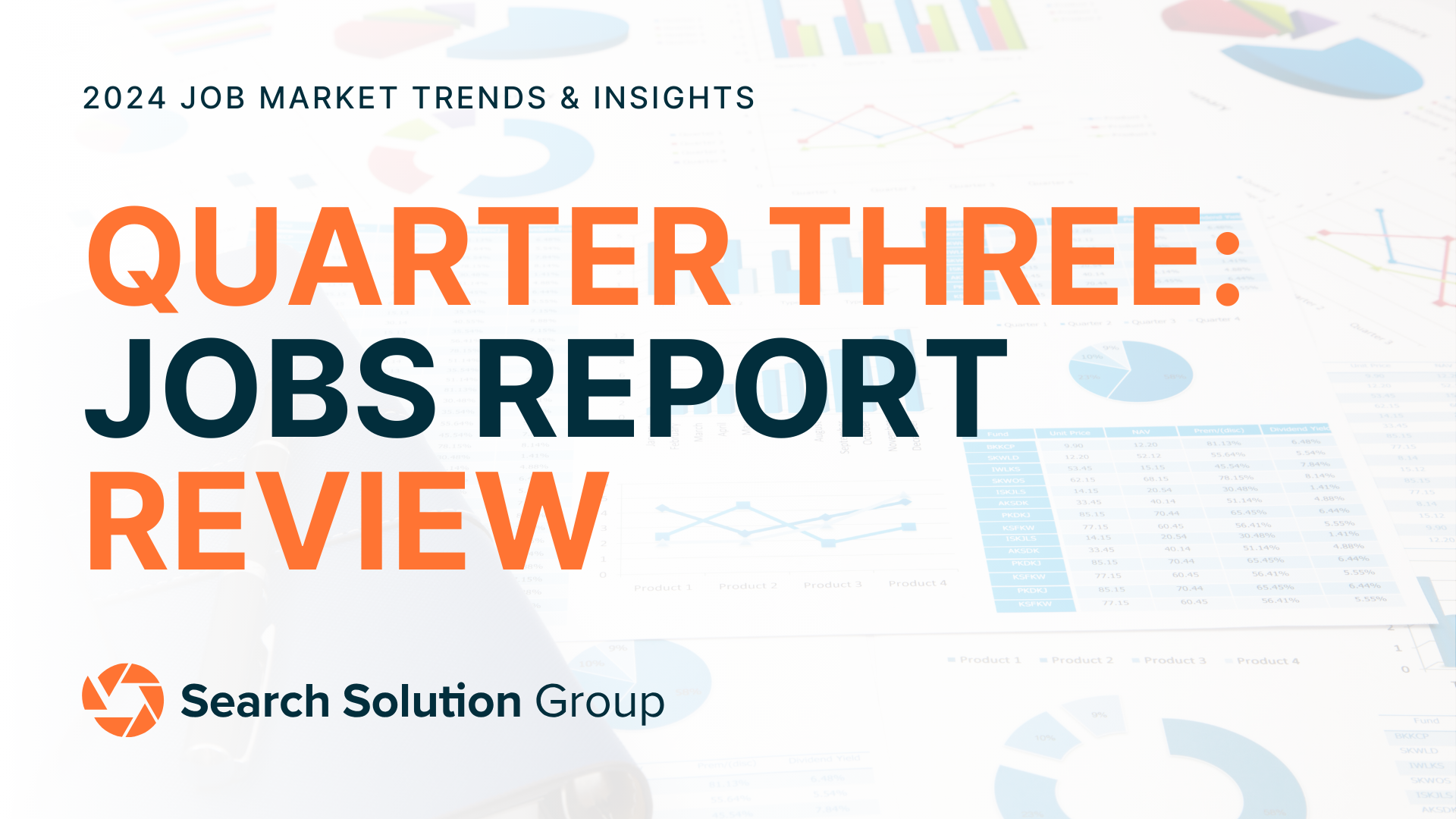In the ever-evolving landscape of the modern workplace, employee benefits have taken center stage as a crucial factor in attracting, retaining, and engaging top talent. As the needs and expectations of the workforce continue to shift, so do the strategies that organizations employ to provide valuable benefits packages. In this blog, we’ll delve into the emerging trends shaping the future of employee benefits and explore the best practices for staying ahead in this dynamic realm.
Current Landscape of Employee Benefits:
Traditionally, employee benefits encompass health insurance, retirement plans, and a few extra perks. However, as the workforce becomes more diverse and multi-generational, organizations recognize the need for a broader range of benefits catering to different preferences and life stages. Benefits reflect a company’s culture and values, and they play a pivotal role in fostering employee well-being and job satisfaction.
Emerging Trends in Employee Benefits:
Remote Work and Flexibility: The pandemic accelerated the adoption of remote work and flexible arrangements. As a result, benefits such as flexible hours, remote work stipends, and home office support have become integral to employee satisfaction.
Mental Health and Wellness: The spotlight on mental health and well-being has increased focus on benefits that support employees’ emotional and mental health. From meditation apps to therapy services, companies prioritize resources that help employees maintain a healthy work-life balance.
Personalization and Choice: Recognizing that one size doesn’t fit all, organizations are moving towards customizable benefit packages. Employees can choose benefits that suit their needs, from healthcare plans to wellness incentives.
Financial Wellness: Financial stress can impact job performance. Forward-thinking organizations are introducing benefits focusing on financial education, planning tools, and employer-sponsored savings plans.
Parental Leave: Understanding and appreciating the significance of the early stages of parenthood has come into the limelight. Parental leave isn’t just about maternity anymore. Paternity, adoption, and even bereavement leave after losing a child are becoming more commonplace. This expanded focus recognizes that starting or growing a family can come in many forms, and the first few months can be crucial for bonding, mental well-being, and adjusting to new life changes. Companies prioritizing extended and inclusive parental leave policies highlight their commitment to the holistic well-being of their employees, paving the way for a more inclusive and empathetic corporate culture.
Best Practices for Implementing Future-Ready Benefits:
Employee-Centric Approach: Understanding your workforce’s diverse needs is essential. Tailoring benefits to cater to various demographics ensures that the benefits resonate and are valued by your employees.
Regular Assessment and Adjustment: The landscape is constantly changing and shaping the future of employee benefits. Regularly assess the effectiveness of your benefits offerings and be prepared to make adjustments to align with evolving needs.
Communication and Education: Transparent communication about benefits is crucial. Hosting workshops and webinars and providing informative resources can empower employees to make informed benefits choices.
Integration of Technology: Leverage technology to streamline benefits administration, making it easier for employees to access, understand, and manage their benefits.
Overcoming Challenges and Potential Pitfalls:
While the future of employee benefits is exciting, challenges remain. Some hurdles organizations must overcome are balancing the cost of benefits with their perceived value, ensuring alignment with company culture, and navigating legal and regulatory considerations.
The landscape of employee benefits is undergoing a significant transformation, and organizations that embrace these changes are poised to attract and retain top talent. By staying attuned to emerging trends, adopting best practices, and creating benefits packages that cater to individual needs, companies can create a workplace where employees thrive, leading to mutual success.
As we navigate the dynamic future of work, one thing is sure: employee benefits will continue to play a pivotal role in shaping the workplace of tomorrow.





